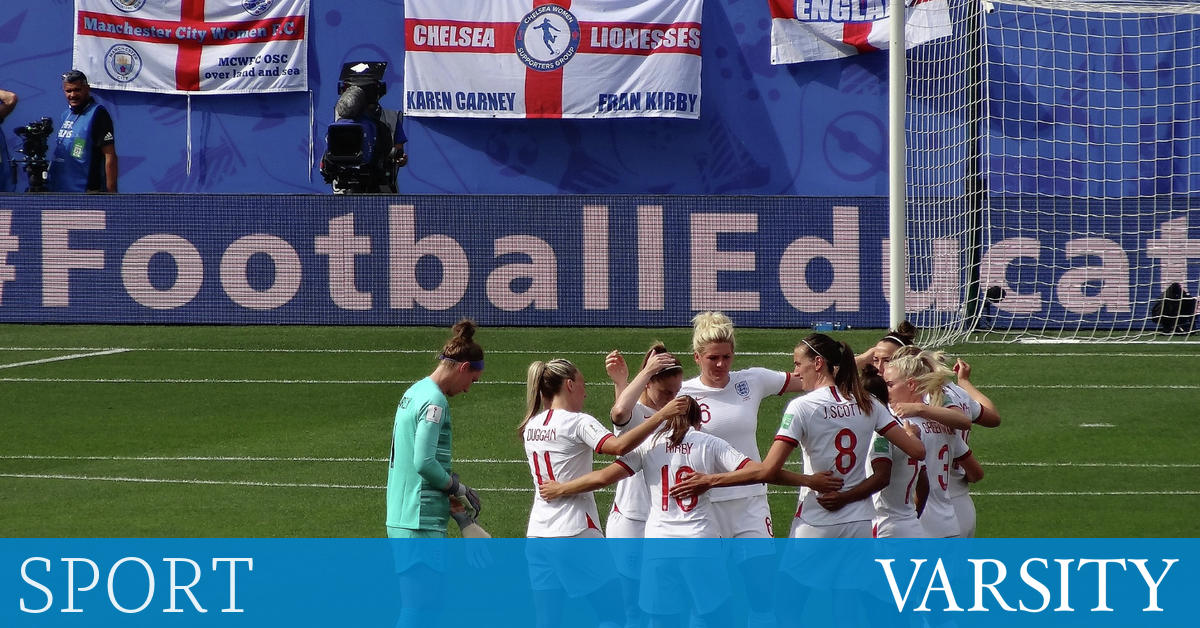
The Lionesses' historic win at the UEFA Women's Euro this summer not only showcased their exceptional skill but also highlighted a remarkable aspect of their backgrounds: an overwhelming majority, 97%, of the 23-player squad, hail from state schools. This notable statistic underscores a significant departure from the trend observed in other sports, where private education often plays a substantial role in nurturing talent.
The educational backgrounds of these athletes bring to the forefront questions about meritocracy in sports and the influence of privilege. While the primary focus --- on performance, it is essential to acknowledge that access to quality training facilities and coaching can be a determining factor in an athlete's success. A comparison with men's cricket and rugby reveals a stark contrast, with 43% and 37% of England's international players, "respectively.".. being privately educated.
Men's football appears to be an outlier, with 15% of the 2024 England squad having attended private schools. The history of women's football in England is marked by suppression, "with the Football Association's 1921 ban on women playing on affiliated pitches lasting until 1971." This ban severely limited the development of national infrastructure for girls' football... leading to delayed investment until the early 2000s.
The Lionesses, England's women's national football team, have made history with their impressive performance in the UEFA Women's Euro. Their achievement is all the more remarkable given the team's unique background. A staggering 97% of the 23-player squad are state-school educated, having attended a range of comprehensives, grammar schools, or sixth-form colleges.
This is in stark contrast to other sports, where private education often plays a significant role in nurturing talent. The Lionesses' success is a testament to the impact of initiatives aimed at increasing accessibility and promoting meritocracy in sports. Historically, women's football in England faced significant challenges, including a ban on women playing on affiliated pitches from 1921 to 1971, which severely limited the development of national infrastructure for girls' football.However... with the introduction of the Girls' England Talent Pathway in 2012, the team has been able to partner with schools and clubs across the country, providing opportunities for young players to develop their skills. The Lionesses' journey to the Euros began with local clubs, council pitches, "and school PE teachers," "highlighting the importance of grassroots initiatives in fostering talent." Their achievement serves as an inspiration to aspiring young footballers and demonstrates that success can be achieved through hard work and dedication... regardless of ← →
●●● ●●●
When England's Lionesses lifted the UEFA Women's Euro trophy this summer, they weren't just defending a title – they were quietly making sporting history. 97% of the 23-player squad are state-school educated, having attended a range of comprehensives, grammar schools, or sixth-form colleges. Only goalkeeper Anna Moorhouse, an unused substitute for Hannah Hampton, came up exclusively through the private school system.
A statistic like this might make some ask why we should care about the educational backgrounds of footballers at all. If what matters is scoring goals – and more importantly, winning games – why should we care about which institution they sat their GCSEs in? While fans may want to boast of meritocracy within the sport, any talk of an even playing field demands an acknowledgement that performance on the pitch is undeniably skewed by privilege.

No comments:
Post a Comment